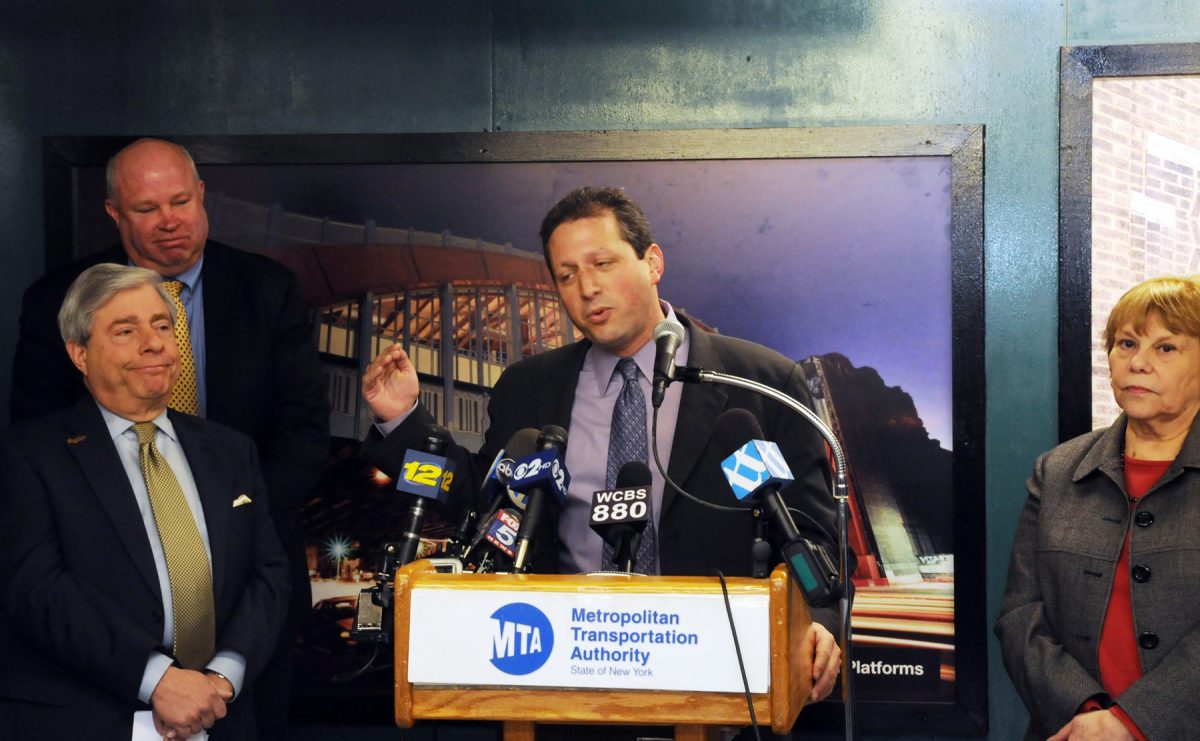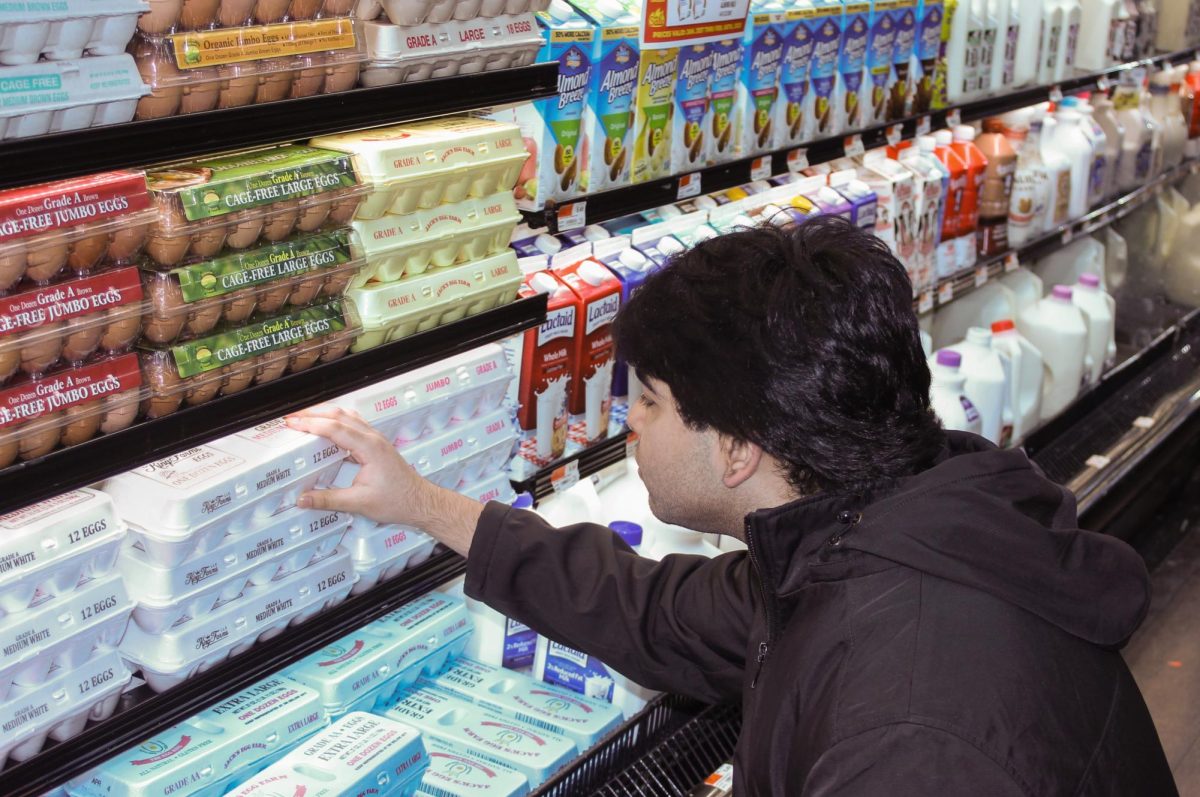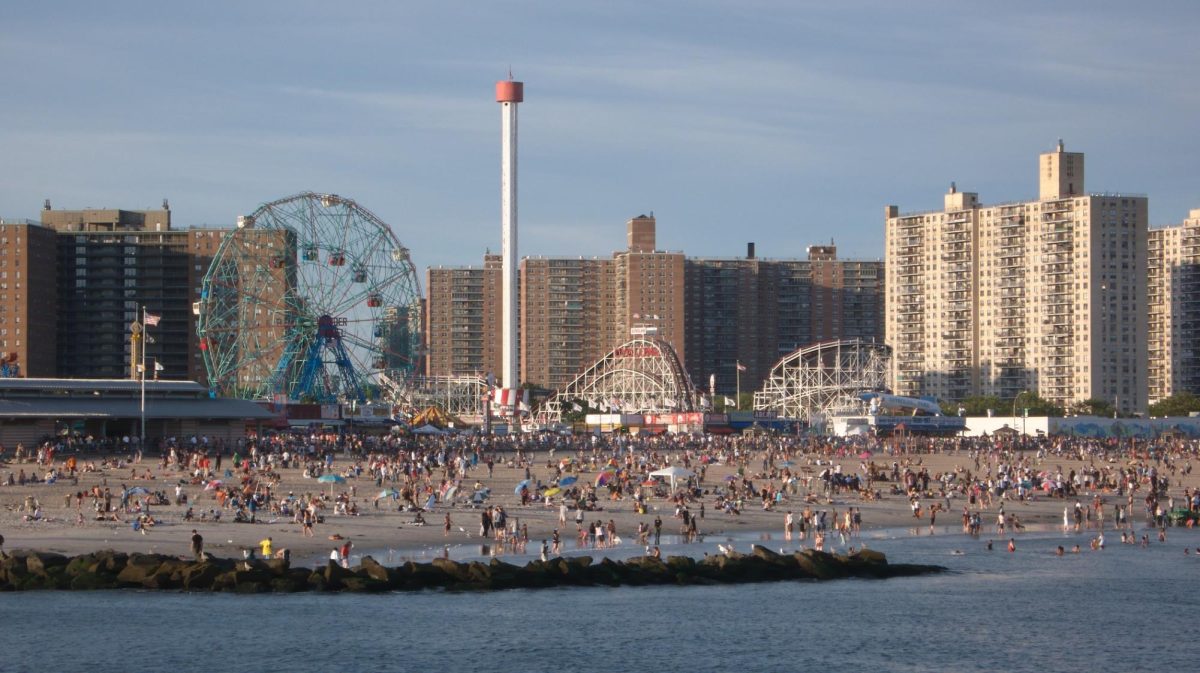New York City Comptroller Brad Lander proposed setting aside funds following a recent analysis that outlines the potential impact tariffs will have on the city’s economy.
Lander recommended a $1 billion deposit into the city’s general reserve and an additional contribution between $966 million and $1.15 billion to its rainy day funds, or funds that can be used during economic downturns.
The proposal seeks to refine the city’s budget, as delayed tariffs and federal funding cuts raise recession concerns in the U.S.
The comptroller said these steps could help cushion the impact of potential job losses and market downturns under a recession.
“The U.S. and New York City are reckoning with the increasingly likely scenario that we enter a recession even with a delay on new tariffs, yet City Hall appears woefully unprepared and increasingly disinterested in fighting for working New Yorkers,” Lander said in a statement.
The proposal comes after President Donald Trump announced reciprocal tariffs against several countries, which was followed by a 90-day pause to all tariffs, except for China.
The market reacted optimistically to the pause on April 9, with the S&P 500 soaring to its highest since October 2008. While it was the best day for traders, the Comptroller’s office says that the sudden market fluctuations “shook consumer and business confidence.”
The proposal addresses the impact of declining tax revenues. The city collects taxes through income, sales and property taxes. During a recession, job losses and reduced business earnings are likely, leading to lower consumer spending and, consequently, a drop in tax revenues. In anticipation of this, the city plans to invest in rainy day funds to help maintain financial stability and prepare for future uncertainty.
“City government must brace itself and stand by with a reserve to blunt the tariff, federal cuts, and deportation policy tsunami that’s coming,” Lander said. “Without strong leadership, the jobs, education, health care, and services millions of New Yorkers depend on will be swept away.”
According to a survey of economists from the Wall Street Journal, there is a 45% chance that a recession would take place in the next 12 months. The city’s recent economic analysis shows how the city will prepare for such events.
The economic outlook presented three different scenarios where the economy will react differently depending on how long the tariffs will last, with the scenarios being: no recession, mild recession and a deeper recession.
Under the mild recession scenario, where tariffs would be in place until 2026, gross domestic product would decline by 1% by the end of 2025 from its peak in the first quarter. In this scenario, 35,700 jobs would be lost by the fourth quarter of 2025, with the job market recovering in 2026 and 2027.
But under a deeper recession, where tariffs would be in place until 2027, over 100,000 jobs could be lost by the fourth quarter of 2025, and recovery would only happen in 2027 and 2028.
The comptroller’s economic report says that steps to amend the budget and respond to the economic and fiscal impacts of Trump’s policies must be taken immediately.
With Mayor Eric Adams’ revenue projections for the Fiscal Year 2026 budget due to the City Council by May 1, policymakers aim to finalize budget negotiations beforehand.
“The extent of economic damage to New York City will depend on the duration of the new tariff regime, the degree to which foreign trading partners respond with their own trade barriers, and the speed with which financial markets and investment decision-makers regain confidence in U.S. policy stability,” according to the statement.
The office also blames the Adams administration, saying they have “not taken any steps to address the economic and fiscal impacts of Trump Administration policies on New York City.”









